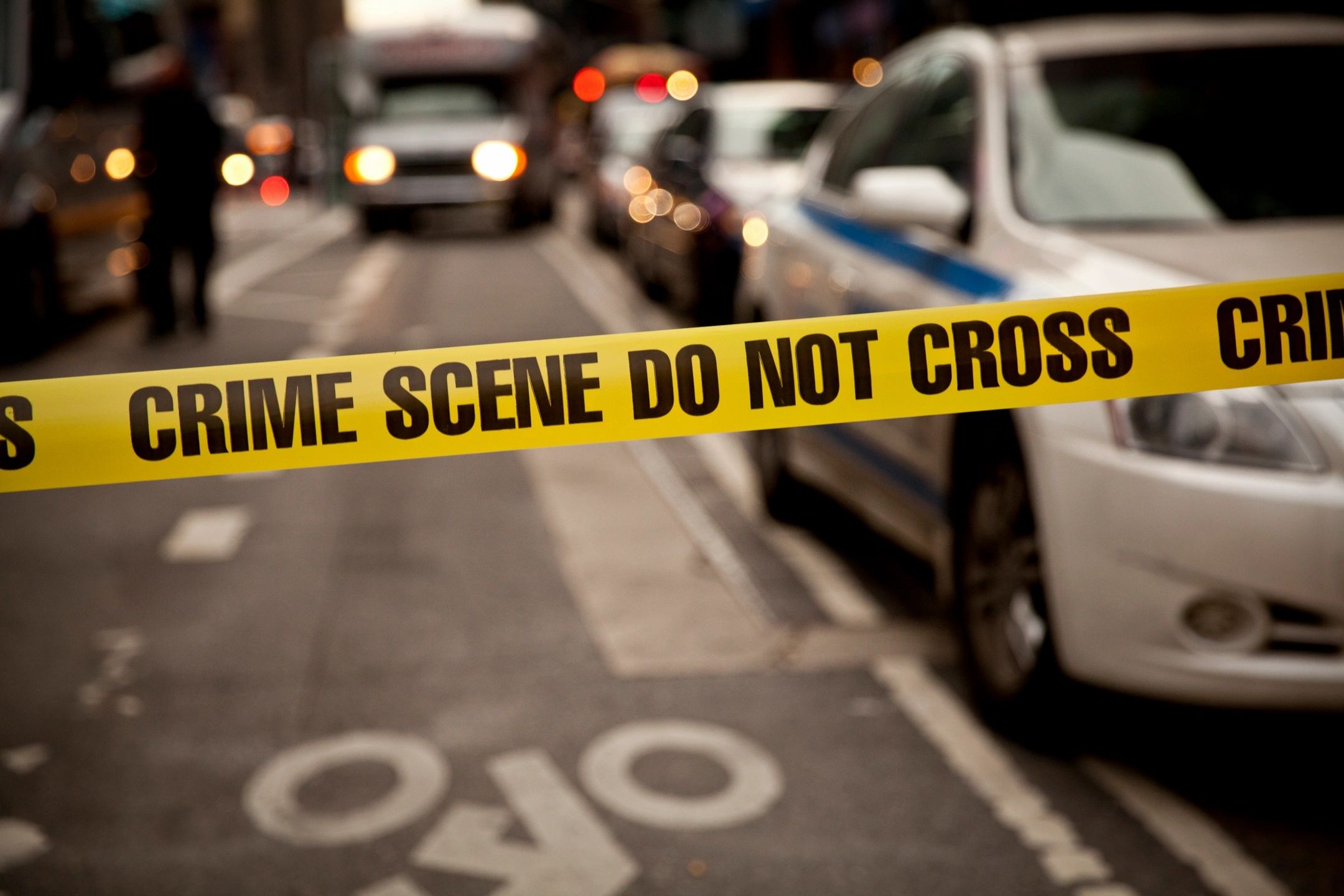“It was emotional to see it again and to know where she is, which area,” Bartlett told reporters on Thursday, two days after visiting the site with Manitoba Premier Wab Kinew and his cabinet.
“It was hard, but I kept thinking, ‘OK, we’re going to get you home, my girl. We’re going to get you home.’”
“Our family is elated that the process has started. We are going to search the landfill.”
Bartlett shared that since Myran’s death in 2022, her family has been fighting to give Myran a proper resting place, not one surrounded by trash.
On Tuesday, Kinew announced that his NDP government would proceed with searching the Prairie Green Landfill, north of Winnipeg, for the remains of Myran, 26, and another First Nations woman, Morgan Harris, 39.
The premier participated in a ceremony at the site before granting environmental approval to initiate the search.
The family learned that site preparations began weeks ago after the provincial and federal governments pledged a combined $40 million for the search.
Kinew stated that the province has started setting up the search facility and ensuring health and safety protocols are in place.
The start date for the physical search is yet to be determined, but Kinew mentioned it could continue until early 2026. Bartlett, based on conversations with Kinew, is hopeful it can begin by summer’s end.
Jeremy Skibicki has admitted to killing Harris, Myran, and two other Indigenous women: Rebecca Contois, 24, whose remains were found in a different landfill, and an unidentified woman the Indigenous grassroots community has named Mashkode Bizhiki’ikwe, or Buffalo Woman. The remains of Buffalo Woman have not been located.
Skibicki’s first-degree murder trial concluded Monday with closing arguments. The judge has reserved his decision until next month.
Defense lawyers have argued that Skibicki should be found not criminally responsible due to mental illness.
Bartlett attended court every day during the month-long trial, describing it as “hard and hurtful” to hear the gruesome details of her granddaughter’s killing.
Court heard that Skibicki preyed on vulnerable Indigenous women at homeless shelters before assaulting them, strangling or drowning them, and disposing of their bodies in his neighborhood. Myran and Contois were dismembered.
“I can’t wait until the judge comes back. I am praying to God that he sentences him to life in prison. That’s where he belongs,” said Bartlett.
Bartlett’s family and friends accompanied her each day of the trial.
One of them, Kelly Ross, a non-Indigenous woman, helped Myran’s family when they set up a camp in her honor outside the Canadian Museum for Human Rights.
“They need someone behind them. They need someone sticking up for them,” Ross said.
The camp educated passersby and schools on the issue of missing and murdered Indigenous women and girls. It also pressured the government to search the landfill when police cited safety reasons for not doing so.
“I wish the police had fulfilled their obligations when they knew the women were initially in the landfill. It’s two years later, and now the province is going to get things done. That’s fantastic,” Ross said.



